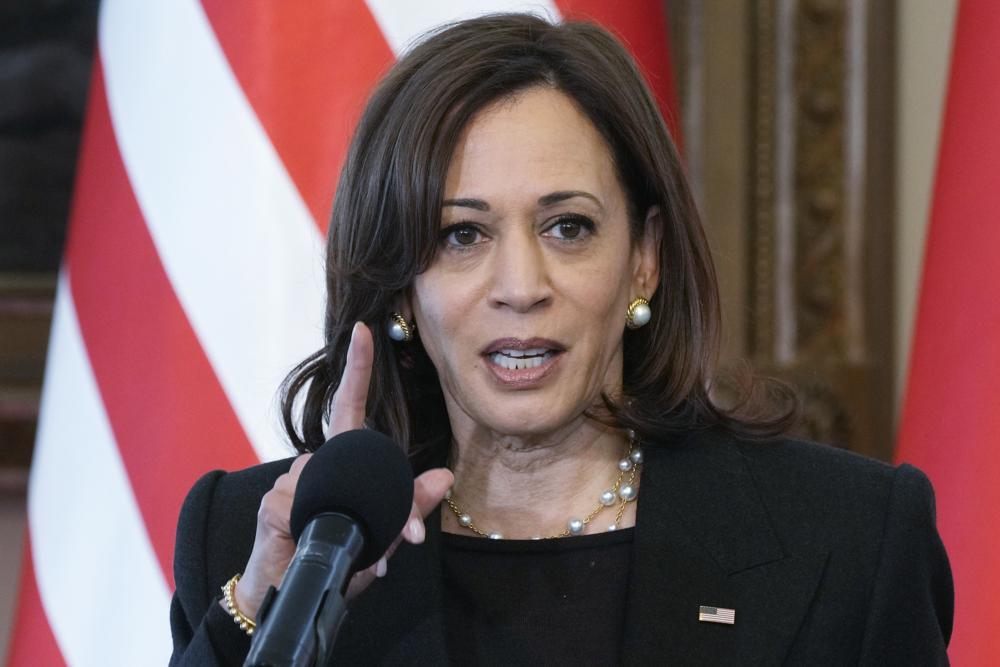Vice President Kamala Harris met virtually with leaders of the Pacific Islands Forum (PIF) July 12, wherein she vowed new and increased U.S. commitments to the region as well as a forthcoming Pacific islands strategic document.
“The United States is a proud Pacific nation and has an enduring commitment to the Pacific islands, which is why President Joe Biden and I seek to strengthen our partnership with you,” Harris said.




